How do I sell my Android phone or tablet for the most amount of money? With these tips and tricks, you'll get the best return!
So a new Android phone has caught your eye — maybe the OnePlus 6 or upcoming Galaxy Note 9 — and you want to get on the boat as soon as possible. You'll need to sell your old phone in order to make up some of the money you're spending on that new device, but luckily there are a wealth of options available. We're going to get you through some of the best practices out there for preparing your Android phone or tablet for sending off, and some places for sale that would best suit your needs.
Remove SIM and SD cards
First up, you'll want to take out the SIM card and SD memory card from your phone. These are important pieces of hardware that you don't want to leave in your phone when you ship it off to your buyer. Your SIM card is what enables your phone to take calls at your number and is associated with your data plan. You'll need it for your new phone, anyway. Often you'll need a paperclip or similarly slim poking implement to open a SIM card tray, but sometimes it will be behind the rear casing of your phone by the battery. The exact method will vary by device.
Not every phone or tablet will have an SD memory card slot, but you'll often find them alongside your SIM card slot. Memory cards will often store your photos and music, though the device itself has its own storage too. Use either your phone's native file manager or a third party one (I like Astro to look in the folder where downloads, music, and photos may have been saved. From there, you should be able to copy them to your SD card before taking it out. You'll want to check to make sure all of your important files are saved, so be sure to back up your data as well.
Back up data
Assuming your data is associated with your Google account, your contacts, calendar, and e-mail will already be fully backed up in the cloud. That means as soon as you fire up your new phone, that important information will be there as soon as you log into your Google account. Many manufacturers will offer their own similar cloud backup utility that encompasses contacts and calendars. More storage-intensive content such as music and photos can be backed up wirelessly with Google Drive, or third parties like Flickr and Dropbox.
Your Google account, your contacts, calendar, and e-mail will already be fully backed up in the cloud.
If you'd rather not go through the cloud, your device manufacturer should have desktop software that would allow you to back up your data with a USB cable. Again, that process will vary by who made your phone or tablet.
More: Backing up your Android phone: the ultimate guide
Make sure you also sign up for Google Photos to back up your photos!
Unlock your phone
Strictly speaking, this part is optional though it certainly adds value. Unlocking your phone means SIM cards other than those of the original carrier can be used. Now, this doesn't necessarily mean the phone's antenna will necessarily play nice with the new network, but unlocking at least gives it a chance to try. In the U.S. this is only really of interest to T-Mobile and AT&T customers but is quite important to international sellers and buyers.
Everything you need to know about unlocking your phone
So where do you go to unlock your phone? Your current service provider may be willing to do it after some wrangling. You can go with an online service too, like doctorSIM. Cost is usually in the ballpark of $15 to $25, depending on phone model. The unlock is accomplished by generating a code based on your IMEI number. Your IMEI number can be found under Settings and About device, or by entering *#06# in the phone dialer.
Unlocking your phone often adds value to your phone, since it can work on other carriers around the world.
Once you've received an unlock code from your service provider or third-party unlocker, put a different SIM card into your phone, and you'll be prompted to put in that code. Be careful, you only get so many tries before you're locked out entirely from your phone.
Factory reset
Once you're sure your data is safe and secure, you're ready to wipe it clean. The first thing you'll want to do is turn off Factory Reset Protection (FRP), which is an extra security measure in case your phone or tablet gets stolen and the thief simply does a factory reset on it. FRP can be disabled by removing your Google accounts from the phone or tablet. Jump into Settings and find Accounts. You'll see a list of various accounts you've set up on the device, but you want to tap on Google. Here, you'll see your Google account(s), where you can tap on them, and see more settings to remove them permanently.
In the Settings section for most phones, you'll find under Settings an option for Backup and Reset. If it's not immediately visible, the settings menu should have a search bar to help you. You'll want to double and triple check to make sure all of your important information has been recovered from the phone, because after this there's no going back.
Gather accessories
With your phone wiped clean, you'll want to get all of the miscellaneous odds and ends you have lying around. If you still have the original box, receipt, and warranty, those are all good to include. Original USB cable, wall charger, and headphones are nice bonuses. If you want to put the real icing on the cake and increase your chance of sales, include any relevant third-party accessories. The case, in particular, you won't have much use for after this anyway.
If you still have the original box, receipt, and warranty, those are all good to include. Cables and chargers are good, too!
Clean device and take pictures
Give your phone or tablet a good wipe down with a microfiber cloth, and get ready to take some pictures. Use a proper camera (i.e. not another phone) with a tripod, if you have one. Your top priority for taking pictures is good lighting. A lamp will cast a lot of shadows, but if you have a cool-toned halogen overhead light in the house somewhere, that should provide a nice even look.
Keep the background clean. Even if you're just putting the phone on a white piece of paper, that's fine. Get multiple angles, and if there are any particular scuffs or shows of wear, photograph them; being deceptive about the state of your phone will lead to poor feedback or outright refunds, depending on how you're going about selling.
Sell your device
With your phone wiped, cleaned, and the accessories all boxed up, you've got to figure out where to sell. Your venue of choice will often decide how much of a return you'll get.
Sell via carrier trade-in
Finding a buyer can be a hassle, but all major U.S. carriers will offer you credit for your old phone. A resurgence in many guaranteed upgrade plans actually requires you to hand your old phone back before being able to snag a new one. Though this is a pretty convenient solution, especially if you intend on sticking with your carrier for your next phone, the actual return on your phone will likely be less than other venues for sale.
Sell via Amazon trade-in
Amazon's trade-in service applies for just about every type of phone, tablet, and electronic product. Amazon will pay for shipping your device out to them, but you'll get paid with an Amazon gift card rather than proper cash, but that might not be an awful thing if you can find your next phone on Amazon (and you probably can). If you just want some cold, hard cash, or already have your next device ready to go, this route might not be for you.
Sell via eBay
eBay is a massively popular way to sell your stuff. A rating system vets sellers, and you can pay in a number of secure ways. You'll need to deal with additional fees and the hassle of shipping, but a much wider audience will see your device for sale here than just about anywhere. There are a few things to keep in mind before jumping onto eBay.
- Only ship to the confirmed PayPal address, if that's how you're getting paid. This ensures you keep PayPal Seller Protection.
- Price competitively. It's easy to check other sales of the same item and see how much they've sold for. With a larger seller pool, it's easy for buyers to find cheaper options.
- Be honest about the condition of your Android device. Shipping an item in the condition it wasn't described as can earn you a poor review, and potentially lead to the buyer getting their money back.
- Use accurate keywords in the title and description. That means full market name, model number, carrier branding, memory denomination, and a mention of accessories included.
- Mention shipping details in your description. Usually the faster the shipping the better, even if it bumps up the cost of the device, and insurance isn't a bad idea. Communicate regularly with your eventual buyer about the shipping status of the device.
- Avoid low-feedback buyers. Odds are it's for a reason, and you can often drill down into their feedback profile to see any previous altercations a buyer has had on eBay.
Craigslist
Use Craigslist to sell your Android device locally, which cuts out the issue of shipping. Any potential buyer will want to check out the condition of your phone in person before handing over any money. Some sellers might not be comfortable meeting strangers and taking their money, but it's fairly common occurrence. So long as you follow some simple guidelines, everything should go fine.
- It should go without saying, but don't post your home address in the public Craigslist ad.
- Price competitively by monitoring how much similar devices are selling for. You'll have a hard time moving yours if potential buyers know they can get a better deal.
- If interested buyers want to call on the phone, consider using Skype or a temporary phone number to maintain privacy.
- Meet in a public place during the daytime. Most buyers are going to be perfectly normal and friendly, but better safe than sorry. Some local police departments have set up monitored Craigslist exchange spots. If this is idea, you can search for a save deal zone near you.
- Shipping internationally or getting offers that are absurdly higher than your asking price are signs of a scam. Hold off for a legit offer.
Swappa
Swappa is a dedicated mobile device marketplace with established quality assurance. Buyers pay a $10 fee in the U.S., but what they're buying is inspected and vouched for by Swappa. They even do a check to make sure there isn't an outstanding balance on the device. The prices are decent, to boot.
Gazelle
Gazelle is similar to Swappa, though they're ultimately trying to do the selling for you rather than pairing you up with a buyer. They'll buy your phone painlessly, though you won't get as good of a price as you might from other services.
Friends and family
People you already know may be in the market for a new device and be willing to pay up-front for one. Assuming you're on good terms with a buyer you already know, you can count on getting a good price, plus it's convenient being able to hand off the phone to someone you might already see regularly anyway. Of course, you also get the warm-and-fuzzy feeling of knowing your well-loved phone is going to a good home.
Android Central forums
We have a whole forum dedicated to wheeling and dealing in used devices. Check in with our community members that are interested in buying, and you may have a sale before you know it. You can also check out our general help forums if you've got questions about how to go about selling your Android device.
Visit the Android Central Marketplace
Visit the Android Central General Help forums
Updated July 2018: This post has been updated with all the latest information on how to sell your Android phone!
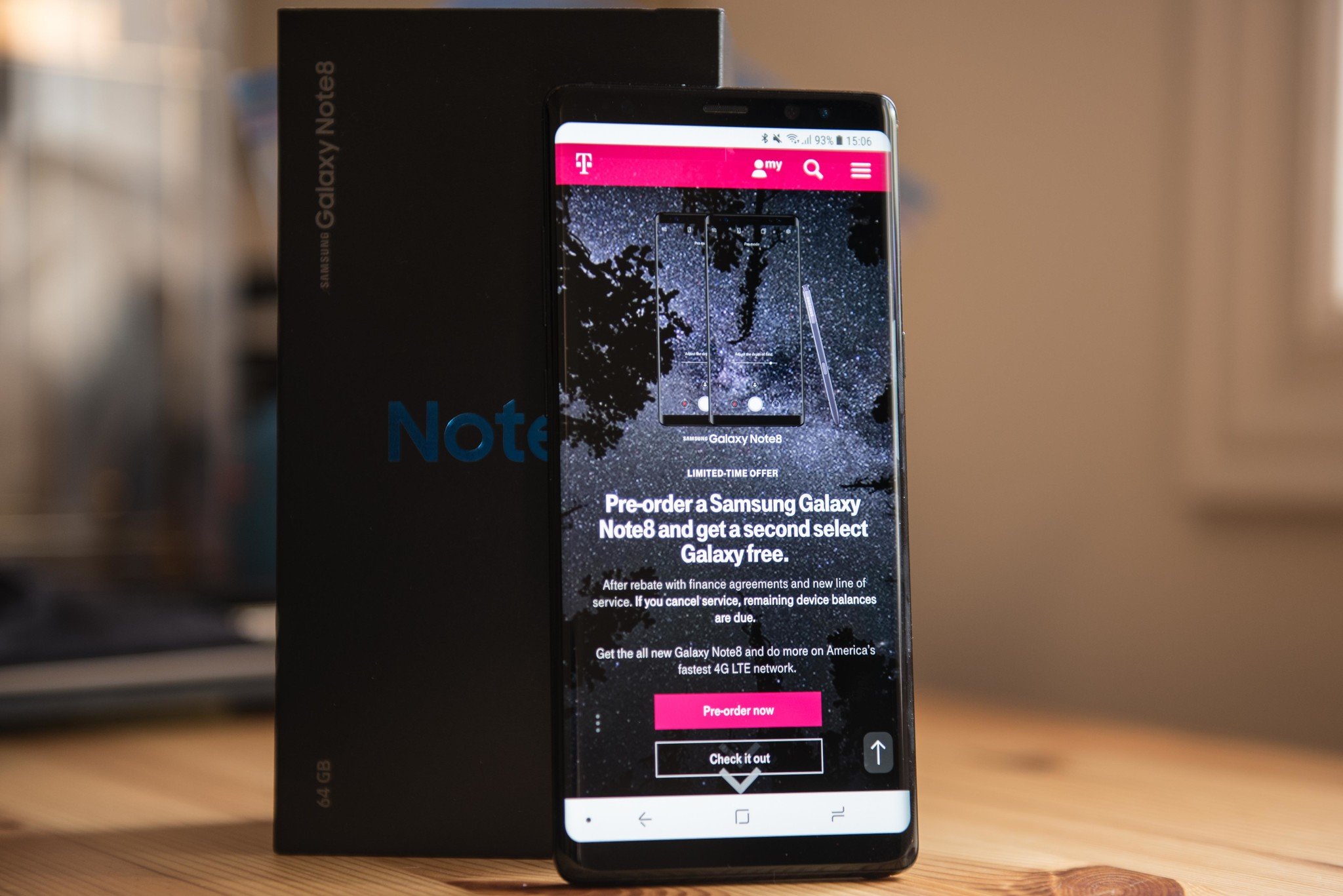

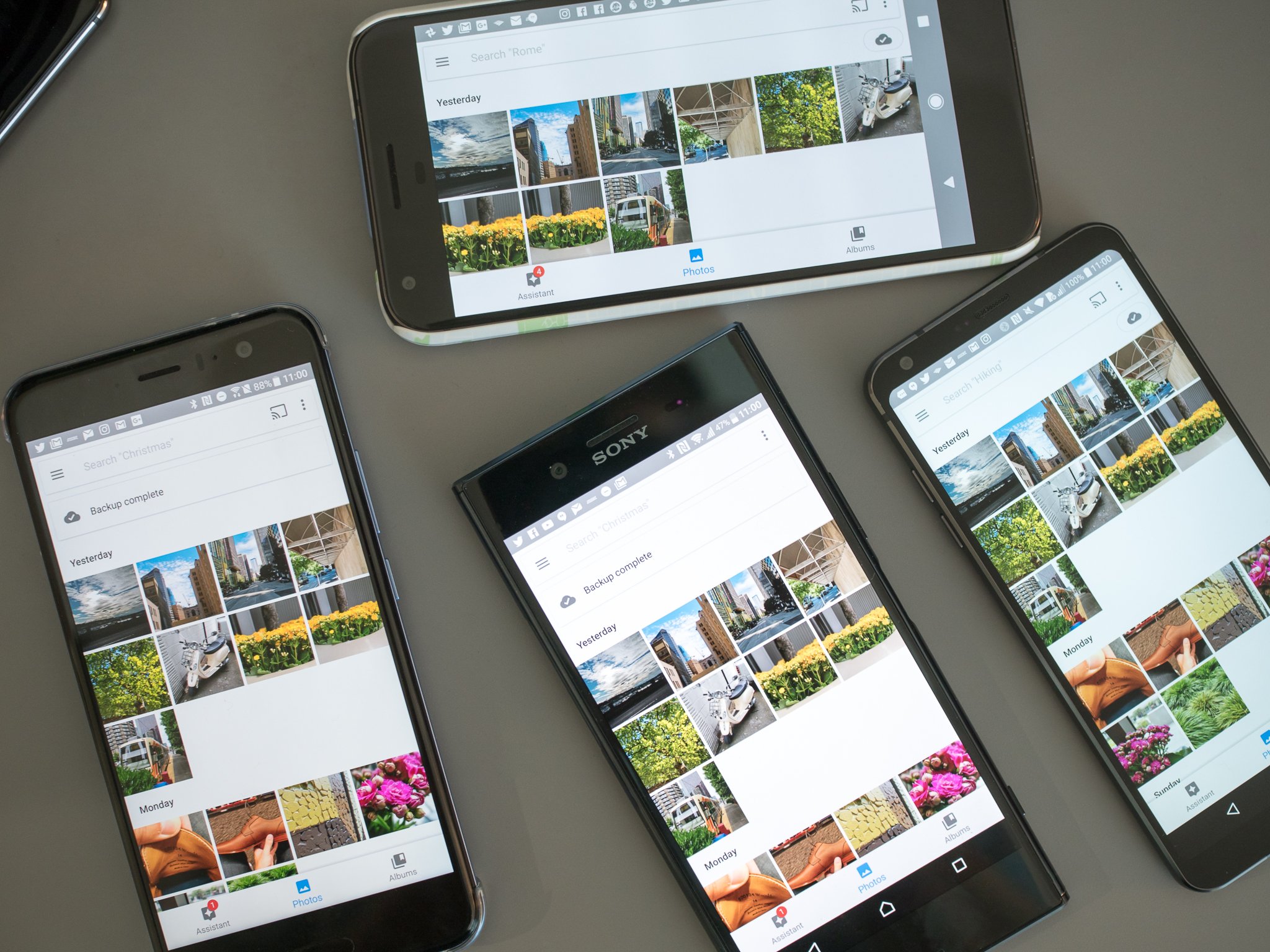
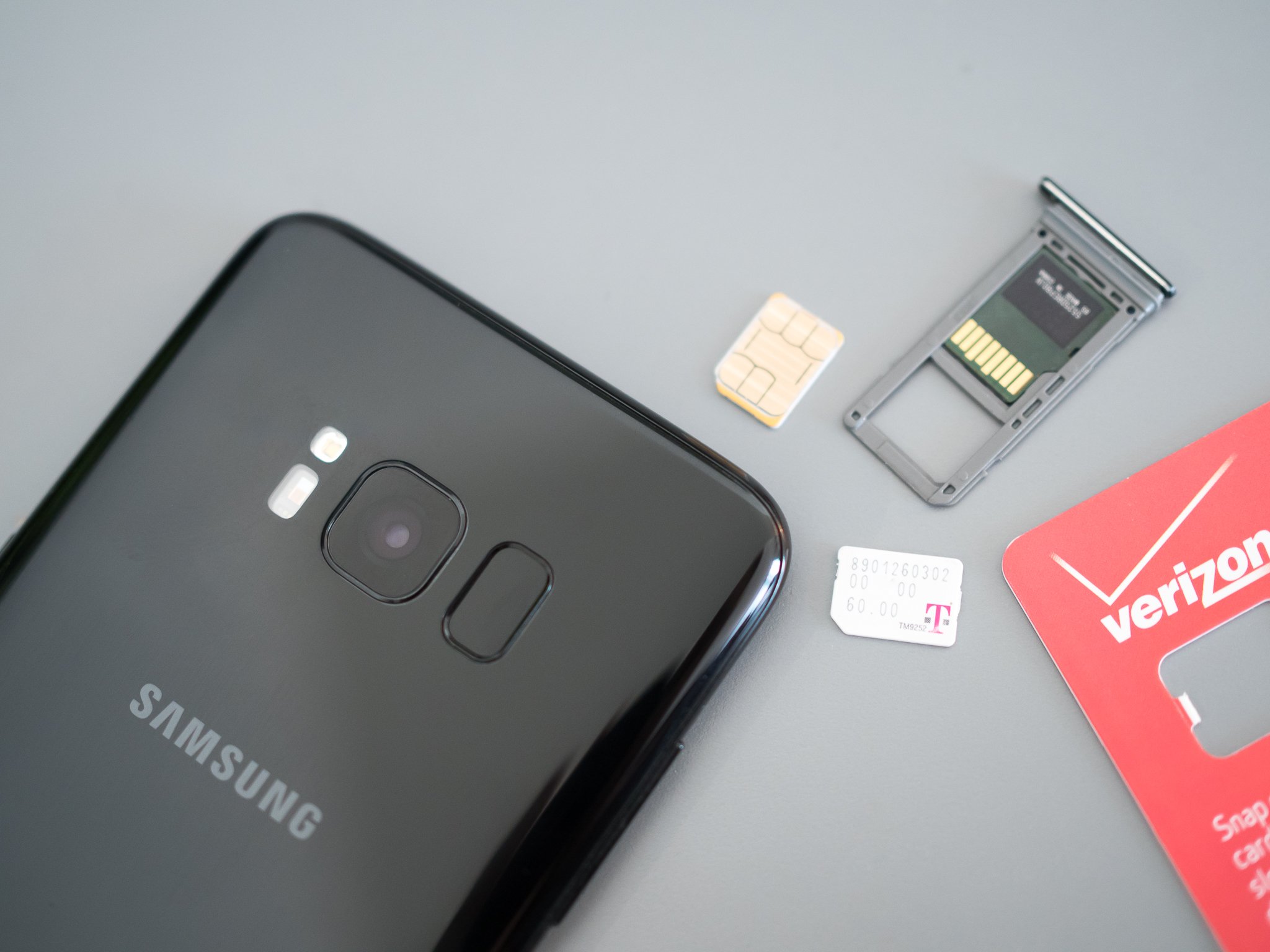
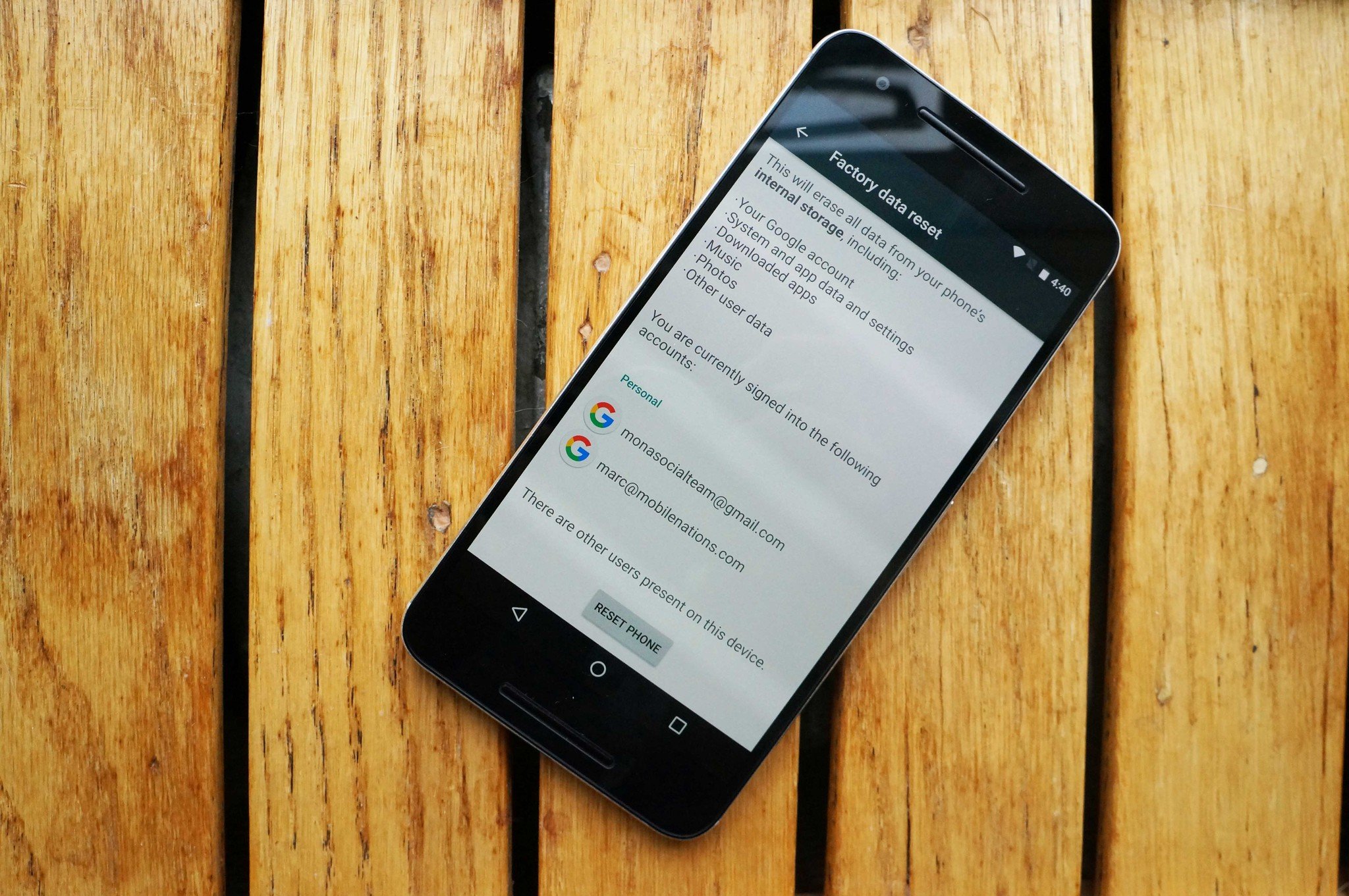
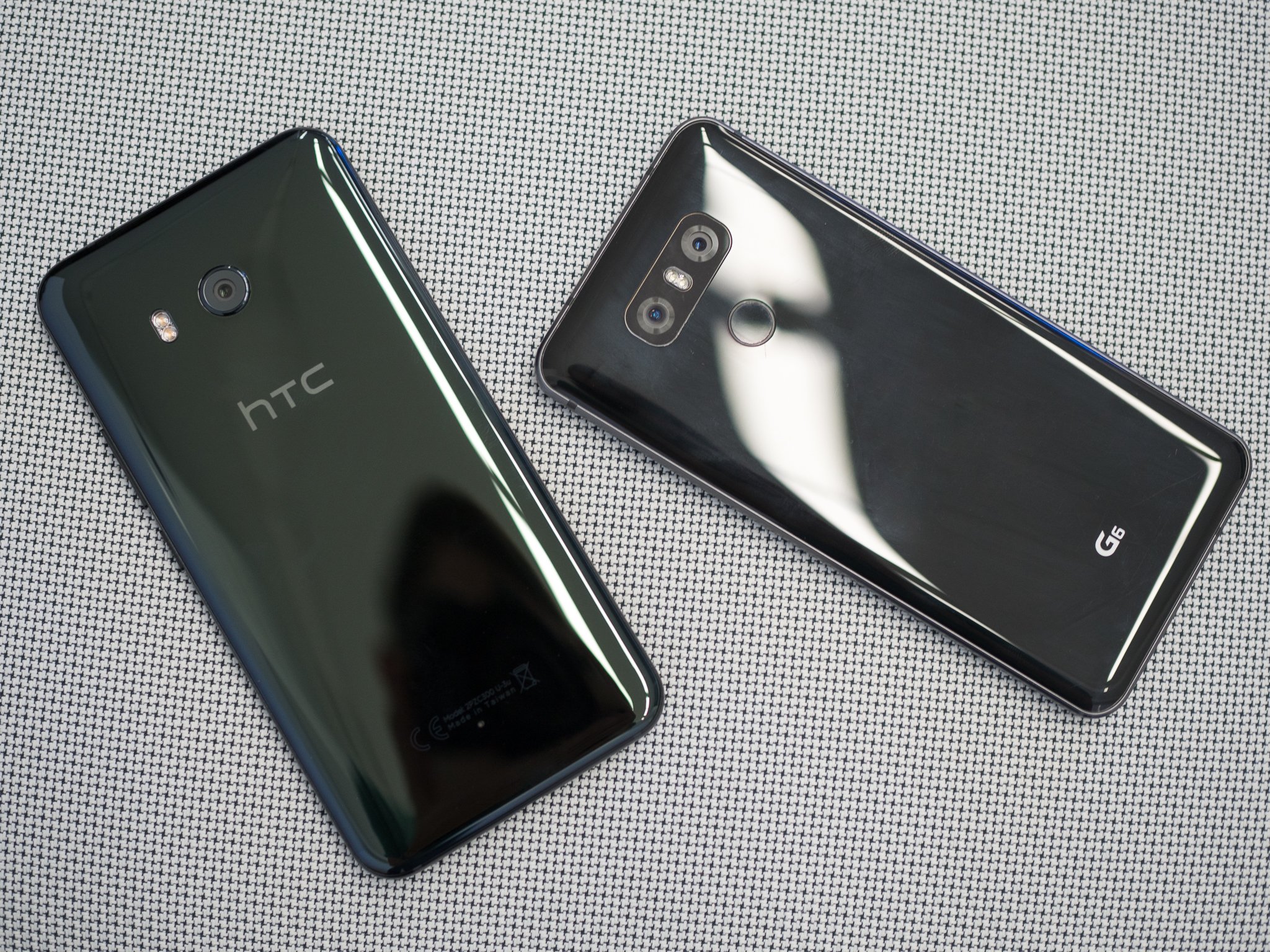
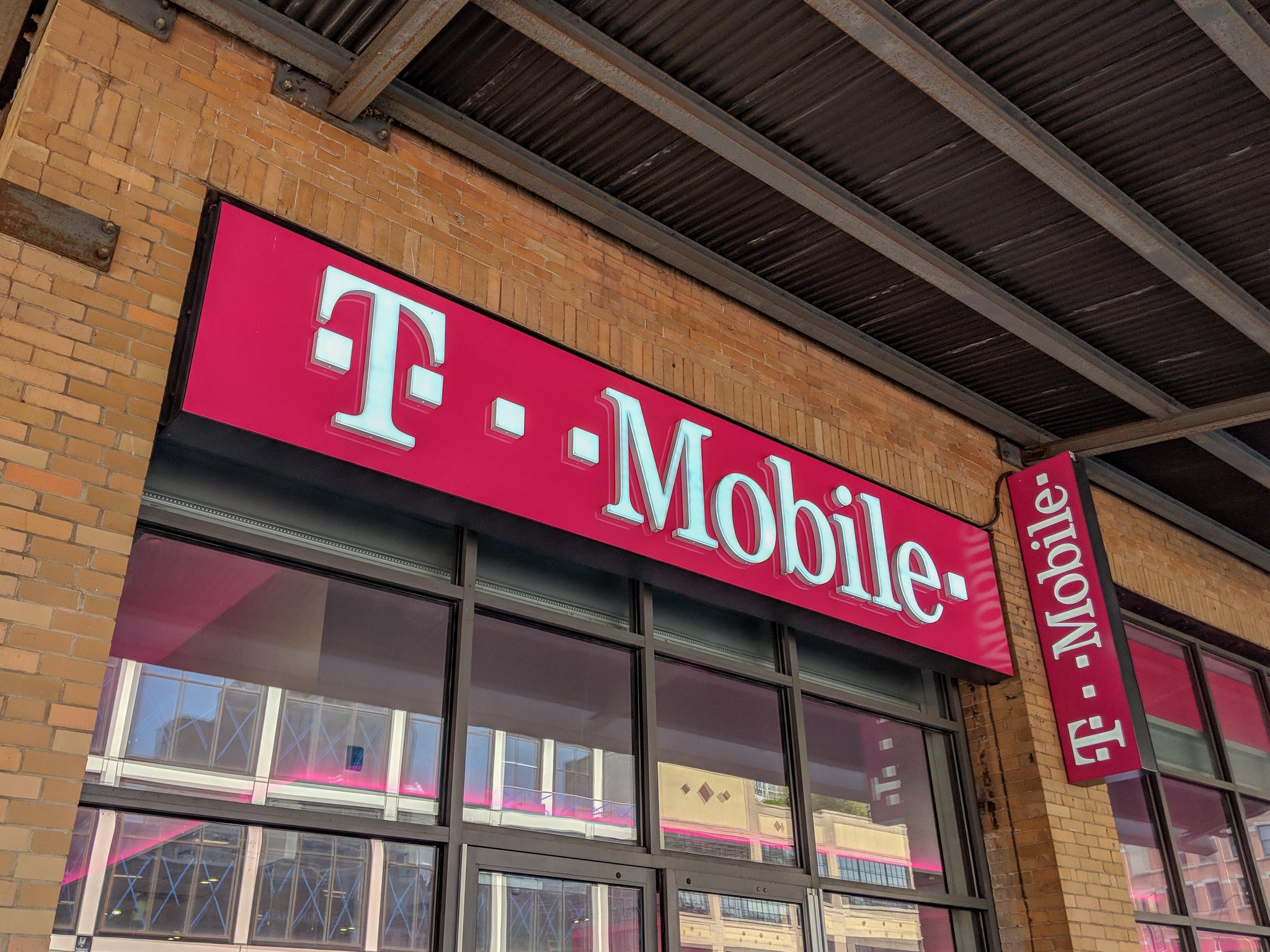
Tidak ada komentar:
Posting Komentar